Update 9/1/2018: Added advice Subject to change for improvements Image credit: Rawpixel **** = WIP
Here is a quick guideline for those who want to save time, money, eat healthy, and more!
I utilized sources from universities and experienced users to make this compilation.
TL;DR:
Read more below if you want some gems!
- Beginner: Start small and remember why you’re doing this
- Recipe hunting: Gather ideas, sort them to however you want
(Remember, quality over quantity) - Check what you have now
- Any leftovers, hidden foods, etc
- Budget, tools you’ll use, common ingredients
- Plan your recipes out to last as long as they can
- For yourself and anyone involved
- Shopping list, pantry list
- Calendar, meal times
- Leftovers: Use the same ingredients in multiple recipes
- Settle on your goals
- Build muscle, maintain weight, feel better, etc
- Calculate & track yourself (More advanced, fitness/health [Bulking, losing weight, etc])
- Measure then track your weight, TDEE, your goals
- Calculate your macros
- Divide & conquer your meals according to your macros
- Track foods that fit with your macro goals
- ****Shop
- ****Prepare & store properly
- Rinse & repeat
Why?
Why make a meal plan? Here are the benefits…
- Saves…
- money
- time
- resources
- ‘effort’ / ‘energy’
- Reduces stress: It’s more convenient & quick to take out after you put in an effort of planning and making those meals for the week in 1 day instead of finding something every single day.
- Helps to understand what and how much you’re taking in for your body
How?
“How do I go about doing this?” you may ask.
Here are helpful answers with thoughtful questions below.
Start small and Keep It Simple Stupid!
Got a habit of eating or doing things a certain way? It may be unrealistic to change it all at one time. Work your way up, gradually, by making small, simple changes. They will be pieces of victories to motivate you!
You’re not stupid by the way. You’re reading this, so you’re smart.

Your Needs
What do you – or family and friends – truly need/want?
- Priorities: What are the most important health-related things for you? For example: Save money, feel better, get energy, or build up to be an athlete
- What your body needs: Aim for quality not quantity.
- Serving: How many people will eat? If you have other people, you can get their feedback.
- Favorites: What kind of food do you like?
- Find recipes
- Apps (Try NOT to get distracted by these tools below!)
- General Exploration
- Blogs
- EatingWell
- IIFYM – Macro Friendly (WARNING about “IIFYM”: Be mindful about what you may eat.)
- RippedRecipes – Macro Friendly
- The Macro Experiment – Macro Friendly
- Bodybuilding Recipes – Macro Friendly
- Commonly used things
- Basic foods
- Seasonings, oils, etc
- Basic cooking tools
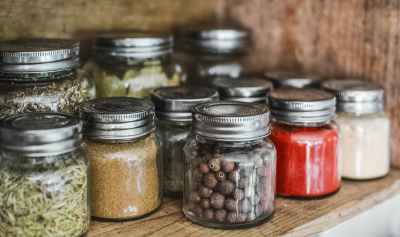
Your Resources
What do you have now?
- Leftovers and hidden things in your kitchen. List the items so you don’t buy them again
- Do you have any past meal plans or ideas?
- You can spice things up a little if you’re not into the same stuff every single day.
- For beginners: 3 easy-to-prepare recipes for 3 meals (Breakfast, lunch, dinner) is a good start or take baby steps and go with one instead.
Tools: Multi-purpose
- PepperPlate – Manage recipes; create menus & cook,; plan meals and share; make shopping lists
- Spoonaular – Save and organize recipes from any site; meal planner & food tracker; collect favorite products
- Big Oven
- NutrinoHealth (Mobile Only)
- MyDietMealPlan
- EatThisMuch
- SayMMM
- TakeThemAMeal
- Meal Train
- Chalkboard, notebook, white board, other fun traditional methods

Your Time
How many day(s) and how much time do you have to…?
- Plan meals
- Shop
- Cook: It doesn’t have to be 30 minutes to 1 hour long. Some meals, depending on what you make, may take less than 10 minutes.
- Prepare
You can be flexible. You do not need to do everything in one day because food has its time limits Consider where you spend most of your time and where you spend the least.
- Look at any busy and open days. This can be on your current week or next week as a start. It does not have to be an exact day or time.
- Aim to make and keep long-lasting food. 1 week is the common goal for this.
- Cook in bulk, cook first the food that takes a while to cook,
Tools
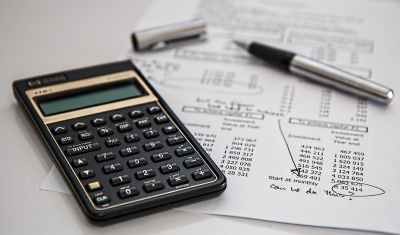
Your Budget
Where is your money going?
- How much are you making?
- Calculate your monthly income
- How much are you losing?
- Calculate your approximate monthly expenses
- Find best deals (****How to save money on groceries WIP)
- Save your food (****How to save money on your food WIP)
Tools
- Mint – Finance manager
- Personal Capital
- You can easily search for other kinds
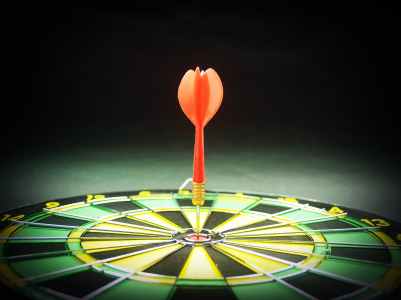
Your Goals
What is/are your target(s) when it comes to health?
- Gain weight: More calories gained than burned out
- Lose weight: More calories burned than gain
- Maintain weight
- Build muscle: Proper macro calculating (workout, rest, eat), protein boost
- Bulking / Lean Bulking: Same as building muscle
- “Feel” better: Honor yourself, develop a better relationship with food ♥
****Knowing this helps you to separate your meals in terms of calories per meal for your macro-tracking daily, weekly, and/or monthly [Read / Read2]

Your Current Status & Progress (Advanced)
Where or how are you now?
- Understand your body composition to have a general idea of how your body is now.
How many calories do you devour and burn off daily? What and how much do you eat?
- Find out your TDEE (Total daily energy expenditure)
- Find out what macro-nutrients your body needs
What do you do daily, monthly, or often?
- Work
- Standing or sitting often
- Lifting heavy boxes
- Exercise
- Running
- Walking
- Strength training
- Endurance running
- Gymnastics
Track all of this to understand more about where you are now so that you can see what you need to do to reach your goals.
Tools
- Cronometer
- TDEE Calculator
- Food scales
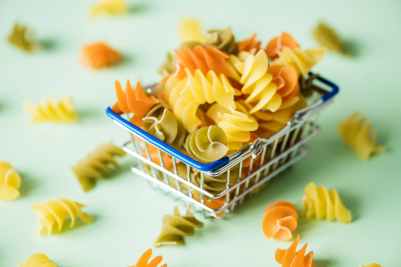
****Shop
****How to save money grocery shopping (Apps, quality of produce/food, reviews, coupons, cash back, )
What to look for when grocery shopping
- Healthy, cheap, abundant protein sources
- ****Healthy, cheap, abundant fat sources
- ****Healthy, cheap, abundant carbohydrate sources
- ****Healthy, cheap, abundant fiber sources
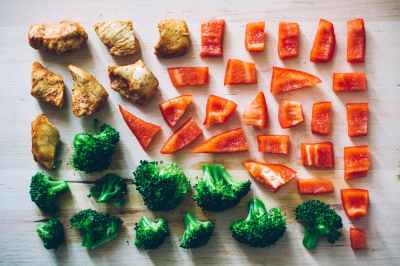
****Preparation
- ****How to prepare your meals effectively, no BS (Cut time, cooking techniques, containers, food preservation, make enough for leftovers)
You’re Empowered
By now, you should know what it takes for your goal(s) and take action! Unleash your beast!
****I will share my meal plan with you guys after this
Sources & Reads
Guides
Universities/Colleges
- University of Nebraska–Lincoln – Basic Foods
- Harvard – Meal Prep
- Utah – Olympian Diet
- South College – Meal Prepping While in College – South College
- Austin Brooks (Virginia Tech and Virginia State University) – Meal Prep Shortcuts for Busy Families | Eat Smart, Move More
- Sara Turnley (Alabama A&M University and Auburn University) – Importance of Food Preparation and Meal Planning – Extension Daily
- Christy (University of Northern Iowa) – Easy Guide to Meal Prepping – Strength Is Beauty
- Changing Habits – Learning Center
Dietitians
Organizations
Other
Plan
- Remington James – How To Meal Prep For The Entire Week | Bodybuilding Shredding Diet Meal Plan
- MyMealPrepSunday – Beginners Meal Prep Guide
- LifeHacker – Stress-free Weekly Meal Planning
- HealthyEating – Family Meal Planning
- NerdFitness – Meal Plan & Prep
Other Quick Guides
- How to Make Your Personal Meal Plan
- How to Build Perfect Meals With the IIFYM Calculator and Excel
-
How I Broke My Addiction to Takeout and Started Cooking at Home
- NerdFitness Meal Planning
- Meal Planning and Grocery Shopping for a Family without Losing your Mind –
- MyFitnessPal
- Common Meal Prep Mistakes
- Stock Your Kitchen to Plan MyPlate Meals – Budget Friendly Blog
- Meal Prep for Success – Budget Friendly Blog
- Easy Guide to Meal Prepping – Strength Is Beauty
- Essential Guide to Meal Planning | MyFitnessPal
- Meal Prepping 101 Beginner
Sites
By Registered Dietitians / Nutritionists
By other experienced bloggers
